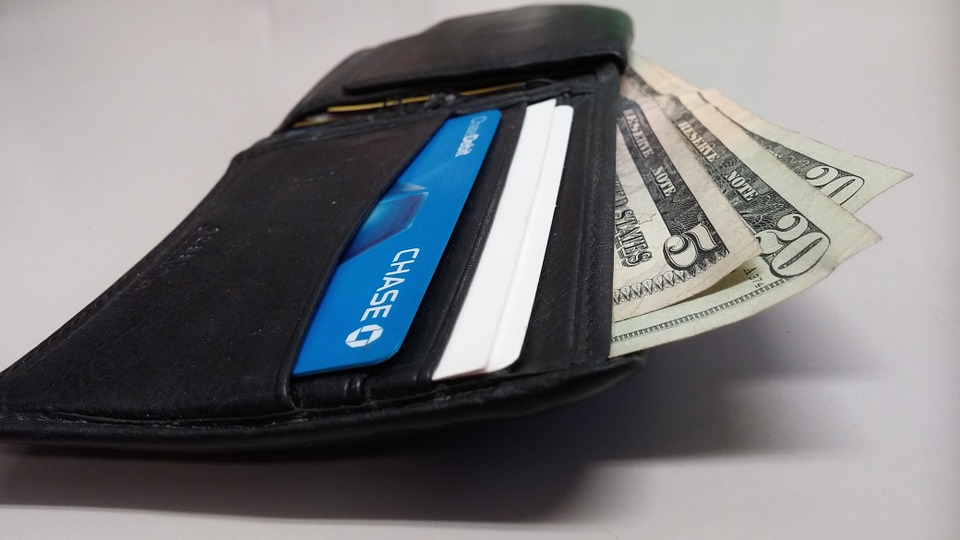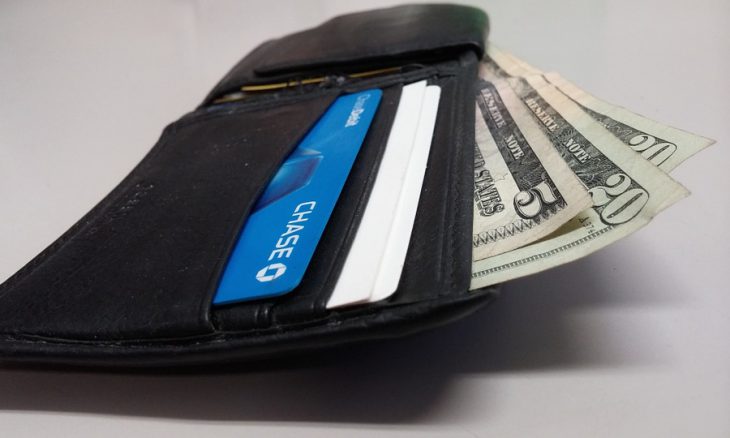Cash or Credit

Mortgage loan balances are the largest portion of household debt, as non-housing debt, including auto loans and student debt, is on the increase.
A September 18, 2022, article in Bloomberg News said most Americans are stuck with long-term credit card debt. Some 60 percent of credit card debtors owe debt on those cards for a year or more.
Prior to the COVID-19 pandemic, 20 percent of Americans had zero or negative net worth, and the numbers were growing. An even greater number had almost no cash reserves to get them through tough times.
According to the Brookings Institution, “COVID-19 has left a legacy of record-high debt.” The increase in debt remains a major cause for concern because of the risks associated with high debt.
A 2021 abstract by the American Public Health Association says that unsecured debt has been rising since 2004 and increasingly threatens the public’s health. “The adverse health impacts of unsecured debt,” they report, “include stress, anxiety, depression, and high blood pressure. Some people with unsecured debt have been victims of unfair lending practices, such as repayment terms that constitute a substantial percentage of their income and lack of transparency related to interest rates and fees.”
Several years ago, the Federal Reserve Bank of St. Louis held a symposium on household financial stability and private debt. They asked the question, “How and when does household debt move from being wealth-building and productive for households and the economy to being wealth-depleting and destructive for both?” In other words, is there a tipping point?
One paper said that financial sustainability has declined substantially over the past quarter century. Life circumstances affect household economic stability—the loss of a job, the devaluation of a home, and a change in consumption spending. As long as income and the strength of the household balance sheet can handle the short- and long-term debt, the debt level is sustainable. It is the unforeseen that can crop up and create problems.
A study by the Yale School of Management revealed that “inflation has put consumers in an anxious, angry mood.” They report there is a variety of behavioral changes in response to inflation. One strategy is looking for what’s on sale which varies what is purchased because different things might be at reduced prices at different times. Another strategy is trading down, that is, buying the store brand. Private label sales go up with inflation. Some will buy smaller quantities and others may buy in bulk, moving to Walmart or Costco. A large percentage of consumption is emotional, and much of it is placed on credit cards.
According to Experion’s 2021 State of Credit report, the average credit card balance is $5,525. Weaning off of credit cards takes time, and so does eliminating the balance. Credit card debt is a type of high-interest revolving debt, meaning consumers can continue to borrow each month up to a certain limit. Making on-time payments each month is helpful in avoiding late payment fees and interest rate hikes. While using one credit card to pay off another is discouraged by financial advisors, a balance on one card can be transferred to a card with a lower interest rate, if within the card’s credit limit.
According to Bankrate’s February 2022 poll, only half of Americans have more emergency savings than credit card debt. For households drowning in credit card debt, a repayment strategy needs to be developed. Options include negotiating with the bank or lender, utilizing a balance transfer card, or employing the “debt snowball” method to organize and pay off debts, with a focus on those with the highest interest first.
Jerome Powell, Chairman of the Federal Reserve, said in August that there will be “some pain” for households and businesses in their efforts to bring down inflation. Addressing unmanageable debt as soon as possible can reduce unnecessary additional pain.
The Bible has a fair amount to say about finances. “The rich rules over the poor, and the borrower is the slave of the lender” (Proverbs 22:7), and “Keep your life free from love of money and be content with what you have” (Hebrews 13:5). And “Wealth gained hastily will dwindle, but whoever gathers little by little will increase it” (Proverbs 13:11).
How then should we pray?
- For the president and his administration as they address issues within the U.S. economy that contribute to the rising cost of living.
- For U.S. officials as they assess the state of consumer debt and financial management.
- For Chairman Powell and members of the Federal Reserve as they attempt to curb inflation.
- For wisdom from the Lord regarding your financial situation, spending habits, and borrowing practices.
- For God to guide you to counselors or others who will help with budgeting or investing.





